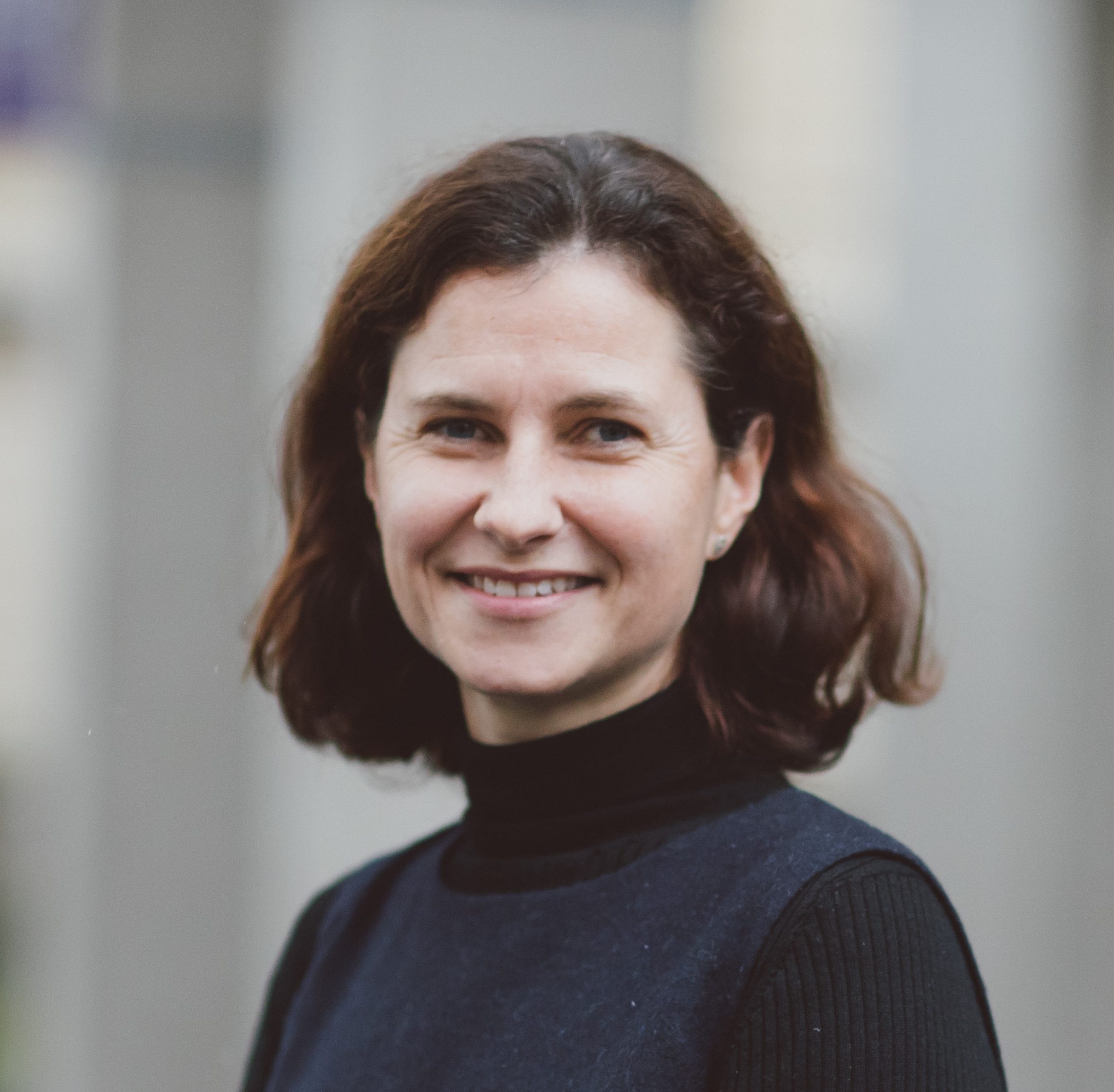Questions – the fuel of health data science
11 February 2020 | Author: Caroline Cake
“Computers are useless. They can only give you answers.” – Pablo Picasso
At Health Data Research UK, we’re building an infrastructure for health data science. This means we are making it easier for researchers and innovators to find, safely access and use different sources of health and care data. As you can imagine, this is a lot of data, and so this infrastructure can only be made useful by asking good questions, and by generating and testing hypotheses that give new insights about potential diagnoses or treatments. The extraordinary impact of the internet on our lives happened because people started to use it to do things that were previously inconceivable – for example I can hold consecutive video meetings in Manchester, Welwyn Garden City and the US, using my laptop, all in the space of one morning through web-based video conferencing.
Therefore, the value of this UK asset for health data research that we are collectively generating will only be realised by those who learn how to use it to ask questions which this combination of data now makes possible to answer. Such as, ‘how are diseases such as dementia, inflammation and depression connected?’ And ‘what can we do to improve the experiences of people living with these conditions as a result?’ How do we redesign acute care by using the data we know about people?‘ ‘How many people are encumbered with back pain and what impact is it having on their quality of life and society?’ ‘What’s the association between maternity treatment decisions, outcomes for those mothers and their babies, and hospital litigation?’ We need to get better at asking the questions that are needed to shape policy, build new products and design interventions that make lives better.
“What we observe is not nature itself, but nature exposed to our method of questioning.” – Werner Heisenberg
How do we encourage the curious minds to engage in the data, and not be overwhelmed by it? We already have masses of data, which could be interrogated to show more than we have been able to fund out so far. We have always been surrounded by more information than we have had the skills to digest and interpret it. It took people to ask simple questions – why did that apple fall? Why did the water overflow? Why do these finches have different shaped beaks? – to make discoveries that changed our world. Frequently, it wasn’t a lack of access to data that stopped people making the discoveries, it was that they didn’t notice and didn’t ask the right questions.
“He who asks a question is a fool for five minutes; he who does not ask a question remains a fool forever.” – Chinese proverb
Therefore, as we invest in the UK’s data assets and health data research infrastructure, if we want to realise value for society from this, it is important to encourage people to ask good questions and to generate new hypotheses to test. Great questions will come from all sorts of sources – someone treating patients in an elderly care ward, someone managing fluctuating occupancy in a morgue, someone currently studying for their GCSEs, someone fluent in advanced analytical methods.
We need people who can see patterns, who can generate hypotheses, who can test and triangulate findings, and who have the persistence to keep going until they get to an answer that makes sense of the pattern they observe. We need people who refuse to be put off by being told “it’s very complicated” (currently my least favourite phrase), who are unconcerned by seeming naïve, and who are relentlessly focused on pursuing understanding.
If you have great questions and interesting hypotheses to test – get in touch and start exploring the Innovation Gateway. If you want to learn how to ask great questions – get in touch too.



